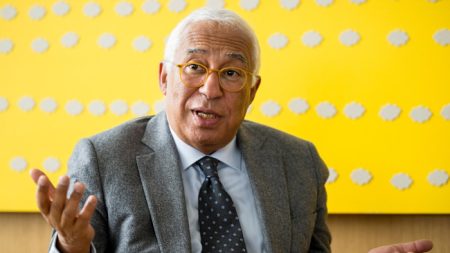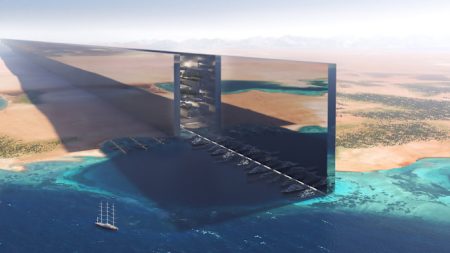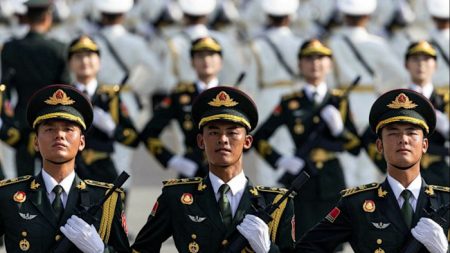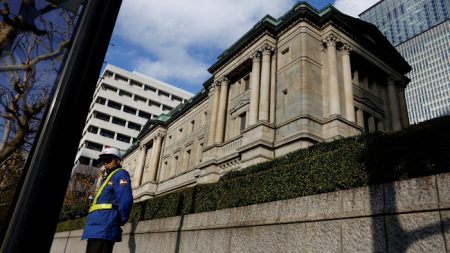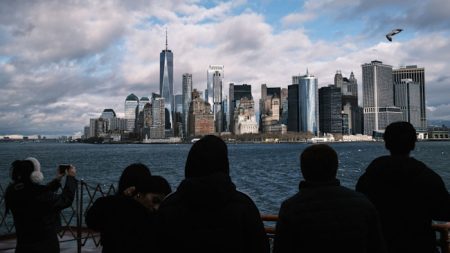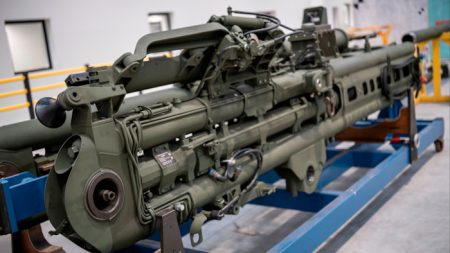Stay informed with free updates
Simply sign up to the US-China relations myFT Digest — delivered directly to your inbox.
US defence secretary Lloyd Austin accused China of dangerously harassing the Philippines, in a speech to Indo-Pacific defence officials that stressed Washington’s steadfast commitment to the region’s security.
Speaking at the Shangri-La Dialogue defence forum in Singapore, Austin pointed to China’s aggressive acts towards the Philippines, which have included the use of water cannons to try to block resupply missions at the Second Thomas Shoal, a disputed reef.
“The harassment that the Philippines has faced is dangerous — plain and simple,” Austin said. He spoke a day after Filipino President Ferdinand Marcos Jr warned the annual defence forum that China was engaging in “illegal, coercive [and] aggressive” activity towards his country.
“President Marcos spoke eloquently last night about the rule of law in the South China Sea. And he’s right,” Austin said. “Every country, large or small, has the right to enjoy its own maritime resources and to freely sail and operate wherever international law allows.”
Austin’s comments came one day after his first meeting with a Chinese defence minister since late 2022. The Pentagon chief said he had held a “frank discussion” with Dong Jun, who was named Beijing’s defence minister in December.
Marcos on Friday told the forum that any wilful act by China that killed a Filipino citizen would be very close to “an act of war”. The US has also told Beijing that the US-Philippines mutual defence treaty applies to the Sierra Madre, a ship grounded on the Second Thomas Shoal inside the Philippines’ exclusive economic zone.
Asked after his speech about Marcos’s comments, Austin declined to say what would trigger the defence treaty, but stressed the importance of the alliance. “Our commitment to the mutual defence treaty is ironclad. No questions, no exceptions,” Austin said.
“What we are doing and what we continue to do is to make sure that doesn’t happen . . . Our goal is to make sure that we don’t allow things to spiral out of control unnecessarily.”
In his speech Austin outlined initiatives the US had taken over the past three years to bolster alliances and create small groupings of different allies to enhance security in the region. He said Washington was “deeply committed” to the Indo-Pacific.
“We’re all in. And we’re not going anywhere,” Austin said.
In an earlier exchange at the event, US Indo-Pacific command head Admiral Samuel Paparo rebuked Cui Tiankai, China’s former ambassador to the US, for accusing Washington of sparking tension in the region by forming “blocs” and focusing with its allies on the need to boost deterrence.
“Ambassador, my dear friend, you’re speaking as if all the panellists here want to fight,” Paparo said. “That is absolutely the last thing that we want to do. We are the life insurance policy against fight.”
Asked by a Chinese military officer after his speech if the US was trying to create a Nato-style bloc in the Indo-Pacific, Austin said: “Like-minded countries with similar values and a common vision for a free and open Indo-Pacific are working together to achieve that vision . . . We will continue to do those kinds of things going forward.”
Austin said in his remarks that the US and its allies in the Indo-Pacific — including Japan, Australia, the Philippines and South Korea — were engineering a historic “convergence” of their defence interests by creating a “set of overlapping and complementary initiatives and institutions” that would boost military co-operation, develop new capabilities and enhance security.
Read the full article here





